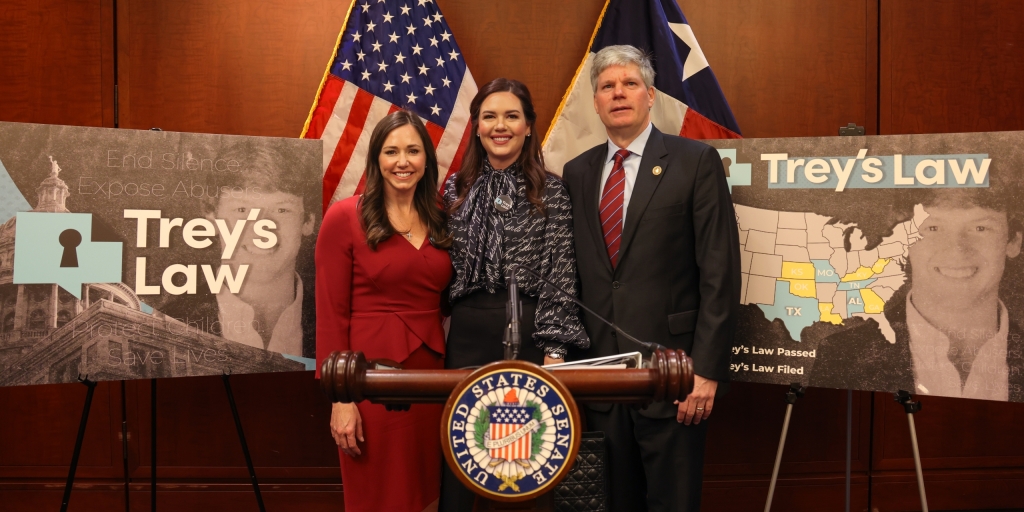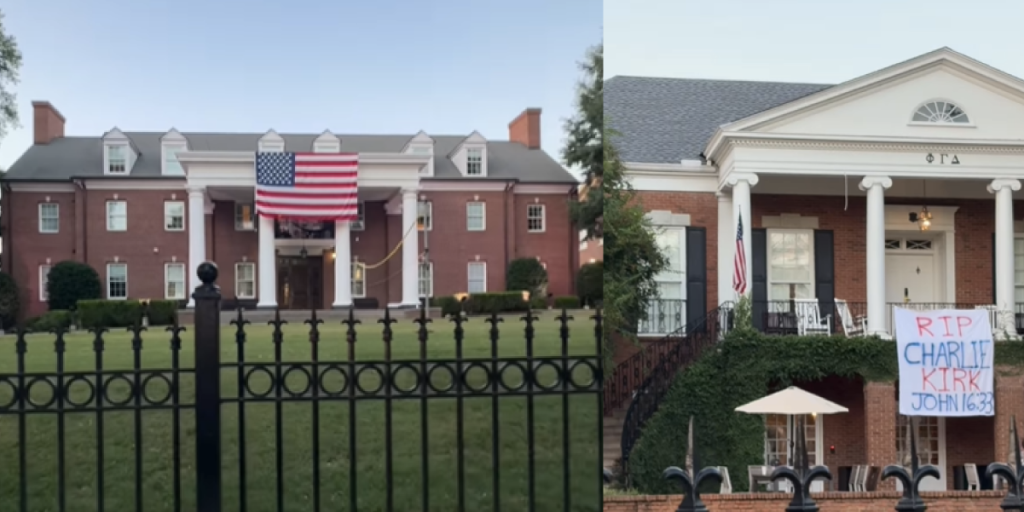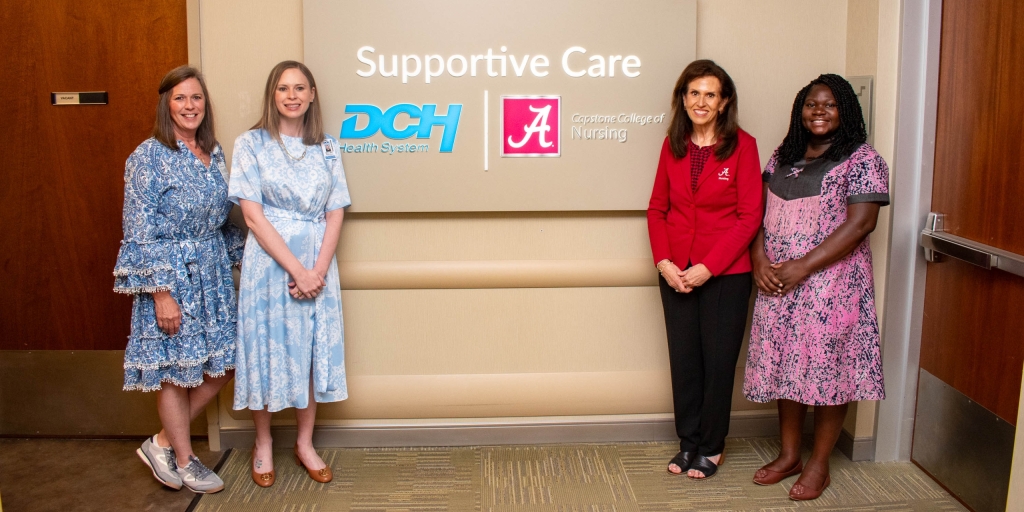A substantial effort in suicide prevention across the state will be led by a partnership between the University of Alabama and the Alabama Department of Mental Health.
UA’s VitAL program and ADMH received support from the federal Substance Abuse and Mental Health Services Administration to implement Project Zero Suicide in Alabama.
The initiative will include extensive training opportunities for behavioral health clinicians across the state, focusing on suicide prevention best practices. VitAL will extend its reach to high suicide-rate counties – Cullman, Chambers, Chilton, Clay, Conecuh, Covington, Henry, Marion and Winston counties. Train-the-trainer sessions will be conducted to ensure knowledge and skills are disseminated widely.
The Zero Suicide framework is designed to address suicide by emphasizing prevention and early intervention within healthcare facilities. VitAL will help ensure that multi-level, evidence-based suicide prevention practices are integrated into clinical care. The primary focus will be on adults, with a particular emphasis on rural and underserved areas.
VitAL will implement the Zero Suicide framework across patient care. This includes emergency departments and outpatient clinics, making the initiative accessible to a wide range of individuals seeking healthcare services.
“Suicide Prevention must be communicated in many ways, in many settings,” said Kimberly Boswell, ADMH commissioner. “Focused education within healthcare facilities and training for clinicians expands the information, resources and care presented to the people we serve. The top priority of ADMH is saving lives. This grant extends the opportunity to save even more.”
Project Zero Suicide in Alabama is a five-year project. VitAL estimates the project will positively impact about 75,000 individuals. While not everyone may require further intervention, VitAL will offer early intervention and crisis care to those identified as at-risk. For information, click here.
“This grant provides the state a unique opportunity to expand suicide prevention capacity in Alabama. We believe that through ongoing collaborative efforts, we can continue to support and facilitate meaningful change and reduce the burden of suicide on our communities,” said Dr. David L. Albright, university distinguished professor and VitAL principal investigator.
“VitAL’s commitment to saving lives and promoting mental health remains unwavering.”













